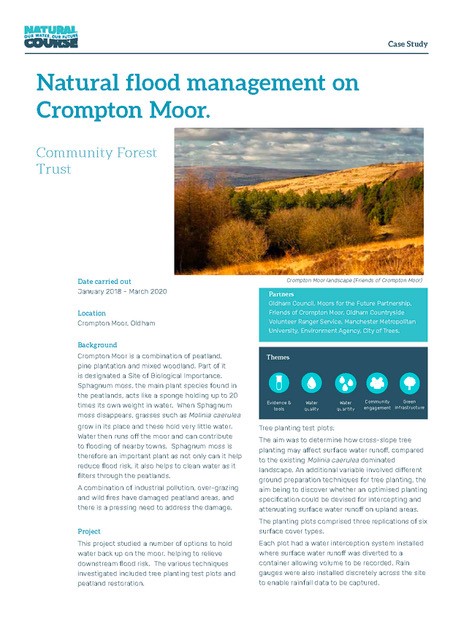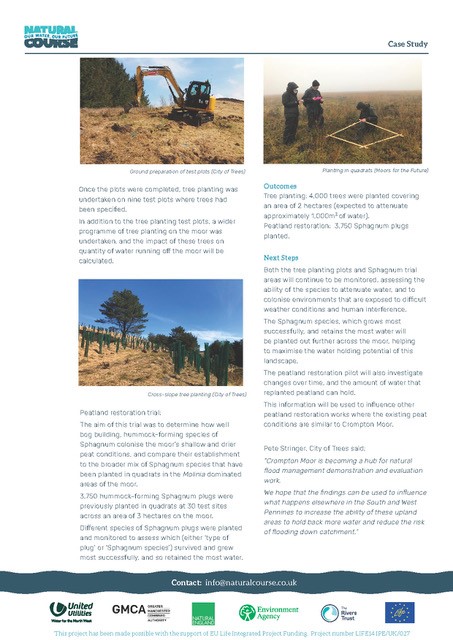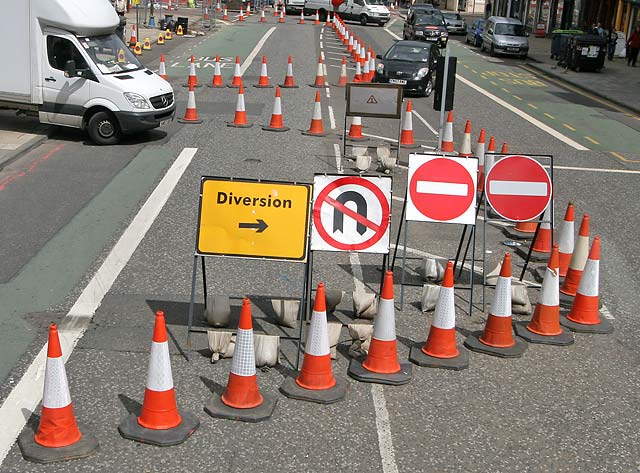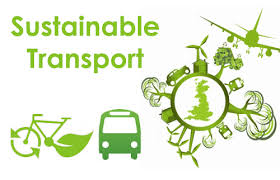
Councillor Howard Sykes MBE, Leader of the Liberal Democrat Group and Leader of the Opposition on Oldham Council, says our Highstreet faces unprecedented challenges in the face of the COVID-19 pandemic. He has written to Oldham Council bosses over concerns for the future of the charity economy in Oldham Borough.
Charity shops provide essential revenue for charities in Oldham Borough, Greater Manchester and across the UK. They also provide an affordable option for many people to shop locally.
Councillor Sykes has asked a number of questions to Oldham Council about how to protect this important sector of the Oldham community:
- How can Oldham Council support and help charity shops in Oldham Borough as we move out of this crisis?
- Have you spoken to the Charity Retail Association or any local charities to understand the challenges that they may face?
- How will Oldham Council support charity shops can manage and help support donations in a safe way? Many volunteers will be shielding and not be able to help in the way they had previously.
- How will Oldham Council share and promote key safety and advice messages to residents when returning to the high street?
Councillor Sykes says: “The challenges facing charity shops in the wake of COVID-19 are significant. As they are for many high street retailers. A build-up of possibly infectious donations outside charity shops will cause additional challenges to the Council and people who are shopping, which is a concern.”
He continues: “The Council has a responsibility to protect and ensure our elderly volunteers have a plan of reintegration and support when things start to return to normal.”
Copy of letter:
17 June 2020
Councillor Sean Fielding and Chief Executive Carolyn Wilkins
Re: Concerns for Oldham’s Charity Shops
As we know, many businesses and organisations are facing unprecedented challenges in the face of the COVID-19 pandemic. I wanted to write to you about some specific concerns I have for charity shops, a staple of our high street and district centres in Oldham Borough.
Charity shops provide essential revenue for charities in Oldham Borough, Greater Manchester and across the UK. They are important for all charities, but particularly important for those smaller charities who rely heavily on the income from their charity shops. Furthermore, charity chops provide an affordable place for many people to shop in Oldham and are a lifeline for many in terms of purchasing goods they would otherwise be unable to afford.
An often-underrated benefit of charity shops is also that they are a greener and more environmentally sustainable way to shop: they promote the reuse of items, whilst still providing a profit for a good cause.
The challenges facing charity shops in the wake of COVID-19 are significant. As they are for many high street retailers.
There are two main challenges for charity shops in the coming weeks and months as lockdown is eased. The first of these is the expected deluge of donations charity shops are beginning to receive, which is only expected to grow as lockdown is eased further and high street shops re-open.
As we know, the lockdown has meant many people have had a clear out of their home, which is partly why we saw such huge demand for the re-opening of refuse and recycling centres. The BBC did a recent piece on expected donations to charity shops, with Robin Osterley, Chief Executive of the Charity Retail Association saying that shops were expecting to be “full to bursting” and his advice to people was to “be thoughtful about the sorts of things you are donating”.
Many councils are working with businesses to help with queuing systems and social distancing on high streets across Greater Manchester as more and more businesses re-open, but a build-up of donations outside charity shops will cause additional challenges to the Council and people who are shopping, which is a huge concern.
The second key challenge for charity shops is how they will ensure that products are cleaned and stored safely for the specified 72-hours before they can be displayed for sale. Many shops have a small amount of storage space and will be rightly concerned for their, mainly voluntary staff, and customers.
I would be grateful for your answers to the following key questions:
As always happy to discuss.
I look forward to your response with interest.
Best wishes.
Howard Sykes










